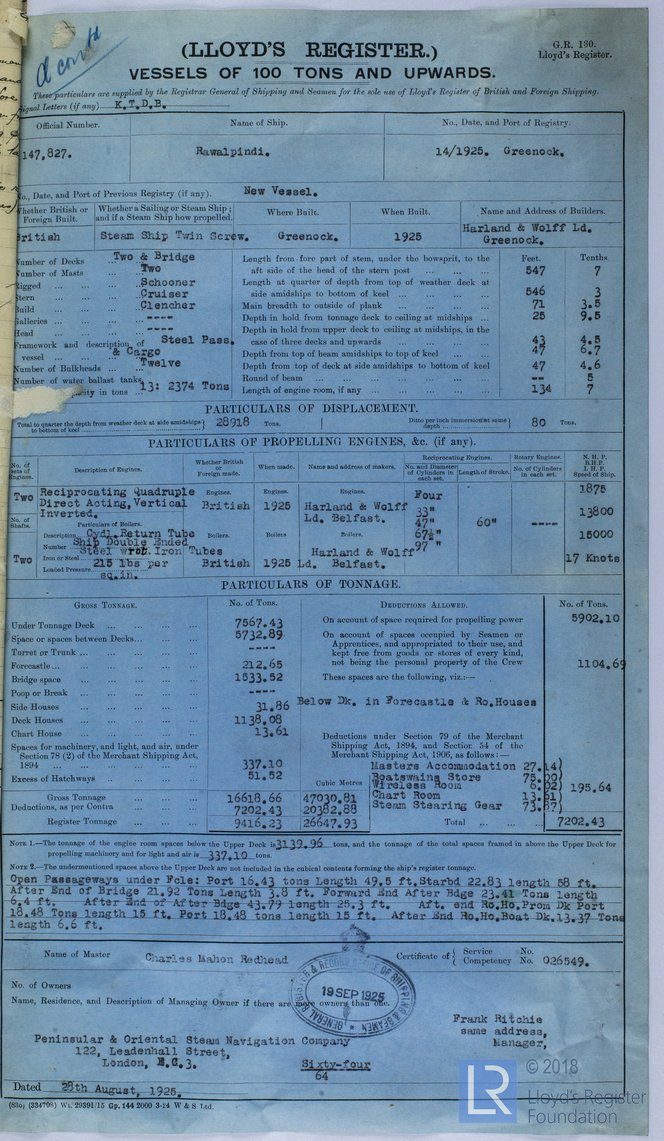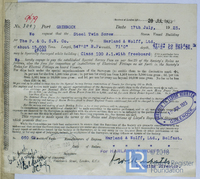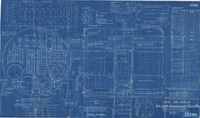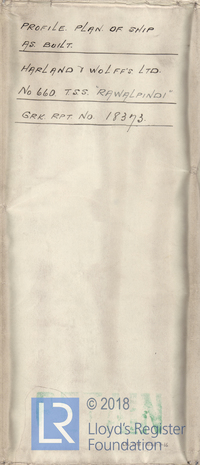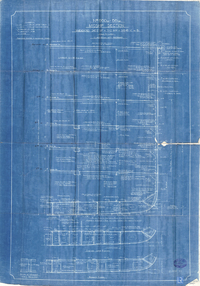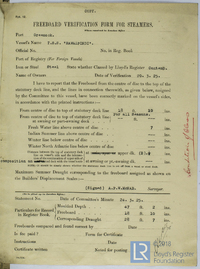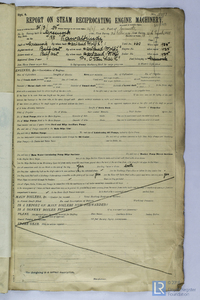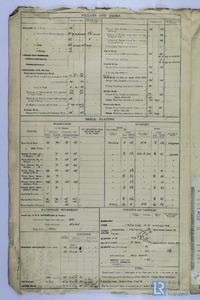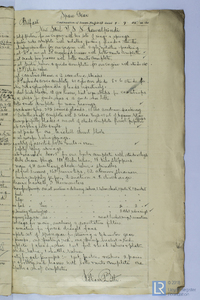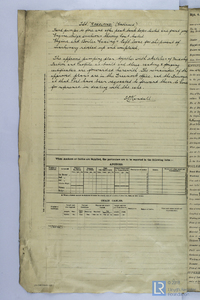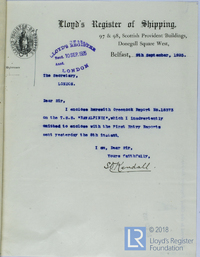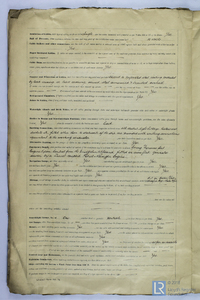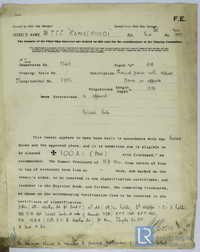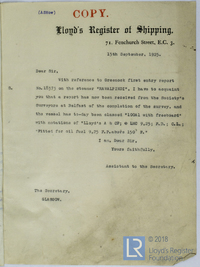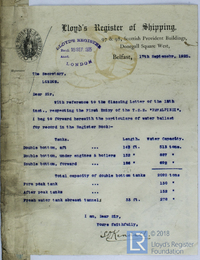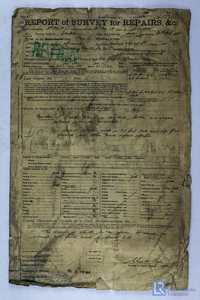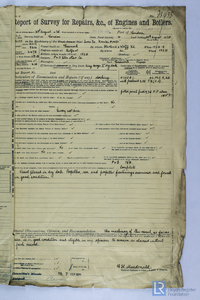- Related documents Related
- Full details Details
- Report document? Report?
Use the data export button to extract customised data sets from the Ship Plan and Survey Report Collection. Available in TSV and CSV formats.
Date recorded as the time of writing.
28/08/1925
The year in which a vessel’s construction is completed.
1925
Unique identifier for a given ship, it is assigned by a builder.
660
The country in which the vessel’s construction took place, at the time of writing.
United Kingdom
Previously referred to as signal letters (c.19th C), radio call signs enable a ship to communicate and are assigned by the International Telecommunications Union (ITU).
K.T.D.B.
The country (flag) that a vessel is registered to, at the time of writing.
United Kingdom
Records that constitute Lloyd’s Register’s first official encounters with a specific vessel, e.g. a survey report.
N
An officially licensed mariner (post 1850) holding ultimate command and responsibility for a vessel.
Charles Mahon Redhead
A vessel’s means of propulsion.
Steam
Predominant material(s) utilised in a vessel’s construction.
Steel
A ship’s total internal volume in ‘register tons’ (replaced by gross tonnage post 1982).
16618
Tonnage derived by deducting from the gross register tonnage the capacity that in unavailable for cargo, e.g. machinery space, fuel, crew accommodation etc.
9416
The country, at the time of writing, where a vessel’s engines were constructed.
United Kingdom
Confirmation as to whether the vessel was equipped with refrigeration machinery to aid in the transport of frozen or chilled cargo/goods.
No
Does the vessel possess an auxiliary power source?
No
Is electric lighting fitted to the vessel?
No
A vessel’s calculated maximum speed.
17
Prescribed by flag/registration authorities, and usually excludes a small part of the stern. It is measured from the foreside of the stern at the extreme top to the afterside of the stern post.
54.7
Physical extent of a record.
1
Name of ship as recorded on the record
Rawalpindi
The process of transferring a vessel to water, but not necessarily her completion.
03/02/1927
The port or place in which the vessel’s construction took place, at the time of writing.
Greenock
A unique number allocated to a specific vessel by an official registration authority of the country of registry (flag) that the vessel belongs to (post. 1855).
147827
Official administrative title (often printed) of a record used by Lloyd’s Register or external organisations.
GR130 Vessels of 100 tons and upwards
The listed port to which a given vessel belongs.
Greenock
The individual and/or organisation listed
Peninsular & Oriental Steam Navigation Co
Broad categories and subdivisions of vessels related to their purpose or function.
Passenger Liner
Type of fuel used onboard a vessel.
Steam - Oil
Is the steamer assisted by sail?
No
A ship’s total internal capacity of a ship measured in register tons from the top of the floors to the tonnage deck.
7567
Location of construction for a vessel’s engines.
Belfast
Harland & Wolff Ltd
Is machinery fitted at the aft of the vessel?
No
Generally a smaller additional auxiliary boiler (often used while the vessel is at port).
No
Name of the Proving House responsible for the public testing and certification of a vessel’s anchors and/or chain cables.
No
Used to indicate the capability of early reciprocating steam engines, based on dimensions rather than performance. It is not a true indication of actual engine power.
1875
Also referred to as extreme breadth. The distance from the extreme starboard side to the extreme port side.
71.35
Pertinent, useful or interesting recorded content.
Mentions Frank Ritchie, Manager of P & O Steam Navigation Company
Report an issue with this document
Have you noticed missing or incorrect data or images for this document?
Please let us know and we will rectify the issue as soon as possible.

